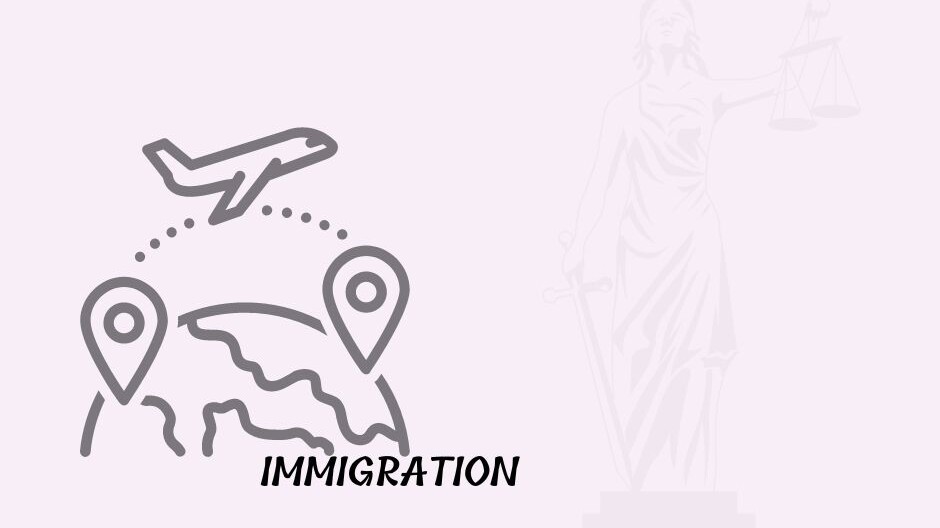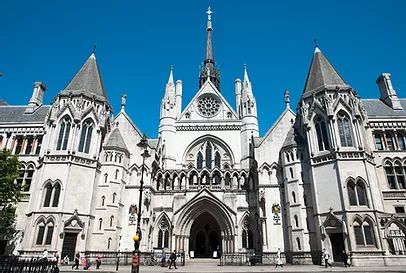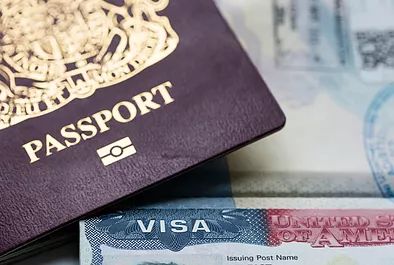
Sole Representative switching to Tier 2 General
Case Study 1
Our immigration team was initially instructed to provide document checking service in relation to an extension application under the Sole Representative visa route. Having conducted a thorough review of the application bundle, it was ascertained that the client was not eligible to apply for an extension for the reason that one of the immigration requirements would not be met. Our ultimate goal was not just only to avoid the refusal, but also to not lose the time spent under the Sole Representative visa towards an ILR. Therefore, our advice was to switch to the Tier 2 General visa category. Our client was able to find a job with an A-rated licensed sponsor within a matter of days. Thankfully, our client was identified as an ideal candidate to fill the position on offer, whereby the company was able to assign an unrestricted COS certificate. Our client’s Tier 2 General application was submitted to the UKVI using Priority Service on the last day of the validity of our client’s visa. We received an approval from the Home Office 14 days later.

From UK Immigration Rules to EEA Regulations 2016
Case Study 2
Our immigration team was instructed to provide full representation service in relation to a Tier 1 Investor extension application. Having reviewed quarterly portfolio reports, we discovered that the balance on our client’s portfolio has dropped lower than the minimum threshold for at least two consecutive quarters at some point within the initial period of leave. With only weeks to go before the visa was due to expire, we decided to switch to European Regulations 2016. Our advice was based on the fact that our client was also a direct family member of an EU National who was exercising Treaty Rights in the UK. Our client’s Residence Card application was eventually approved within 2 months from the submission date.

Navigating the complexities of UK Spouse Visa - A Russian Client's Success Story
Case Study 3
Introduction
In a recent case, we had the opportunity to represent a Russian client applying for a UK Spouse Visa.
This situation brought to light the complexities that arise when interpreting the Home Office’s requirements.
Let’s delve into the intriguing details of this case.
The Challenge
Our client encountered unique circumstances as they had gotten married at the Russian Embassy in London due to personal reasons.
However, under the UK Marriages Act 1994, no diplomatic premises in the UK were approved for conducting marriages or civil partnerships, posing a significant challenge.
To address this challenge, we adopted a strategic approach.
We confirmed the marriage registration and solemnization in Russia, following the law of the location where it occurred.
In Russia, all marriages processed at Russian Consulates abroad are officially registered with the Civil Registry of the Russian Federation, gaining recognition by the Government of the Russian Federation.
We are pleased to share that our diligent presentation of evidence and adherence to legal principles paid off.
The Home Office concurred with our position, recognizing that the marriage had indeed been registered in Russia and not in the UK.
Consequently, our client’s application for the UK Spouse visa was approved successfully!
This case underscores the significance of legal expertise and meticulous attention to detail when handling intricate immigration matters.
Chan Neill Solicitors‘ legal expertise and attention to detail are crucial in handling complex immigration cases. Our Russian client can now reunite with loved ones in the UK thanks to our successful outcome.

Tier 1 (Entrepreneur) - successful Administrative Review
Case Study 4

Update on a recent immigration case handled by Chan Neill Solicitors
Case Study 5
The applicant’s work visa and their spouse’s dependent visa were nearing expiration. To ensure a smooth transition and avoid any negative impact on their future permanent residence applications and work legality, they sought assistance from Chan Neill Solicitors.
The applicant faced a time-sensitive challenge as their visa was about to expire in less than a week, and their company couldn’t provide a Certificate of Sponsorship (COS) for the renewal before the expiration date.
Considering the urgency and the applicant’s desire to avoid a visa break, we made a strategic decision to wait until the day both visas expired before submitting the application form. Since the employer hadn’t changed, we used the same COS information from the applicant’s first visa on the application form. However, the company provided a new COS two days later, which we promptly uploaded after notifying the solicitors of the discrepancy.
Swift progress:
The primary applicant utilized the expedited service, and within five working days of submitting the required documents, they received notification of the Health and Immigration Surcharge (HIS) fee back payment. After two weeks, the renewal application of the primary applicant was approved. Subsequently, the subsidiary applicant also received notice of the HIS fee and was granted the visa on April 27th.
Important note about HIS fee:
In cases where primary applicants and their dependents apply for visas together, sometimes the HIS fee may not be complete until the visa has been approved, especially for dependents. If your payment does not match the IHS fee initially, there’s no need to worry. The Immigration Department will notify you of the correct fee once all final application documents have been submitted.

You can enroll in school even if your student visa has not yet been approved?
Case Study 6
An applicant came to the UK for secondary school and studied in a public school. After completing their A-levels, they were offered a place at a local university in the UK. As a result, they needed to convert their Child Student Visa to a Student Visa.
The application was made less than a month before the start of the school year, providing a tight preparation schedule.
We gathered all the necessary documents and completed the application form submission and accompanying documentation. Additionally, we provided valuable guidance to the applicant, recommending using the general expedited service to obtain the new visa before the start of the upcoming school year.
August and September are the busiest time for UK student visa applications. Due to the high volume of applications, there may be a backlog of cases leading to a slower processing time. Even applicants that have used the expedited service may also experience delays.
The applicant had waited 20 days and the school term had started. We were able to assist the applicant by issuing a formal complaint to the Home Office, submitting this complaint to the school which finally persuaded to the school to allow the applicant to begin their school term whilst the application was still in progress.





